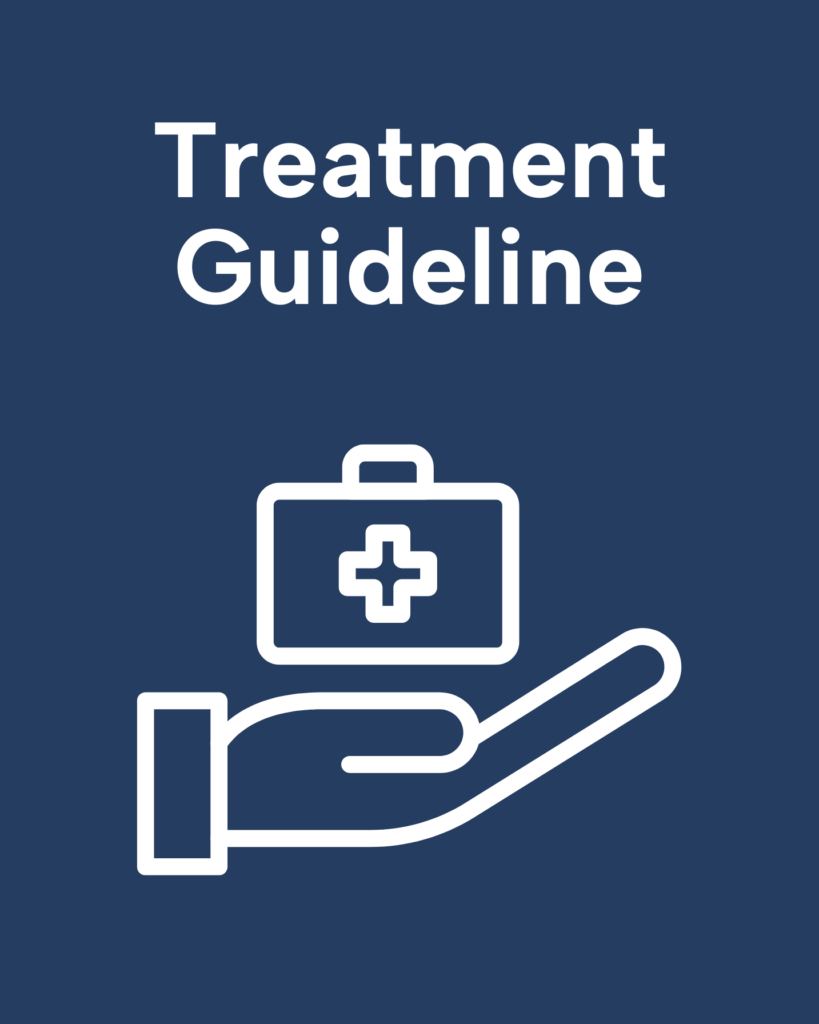Operational guidance mental health and psychosocial support programming for refugee operations
International guidance for mental health and psychosocial support for refugee populations and settings. EMDR therapy is listed as an evidence-based psychological treatment for PTSD.
Treatment Guideline Overview
“This operational guidance on Mental Health and Psychosocial Support (MHPSS) provides a practical orientation and tools for UNHCR country operations. It covers specific points of good practice to consider when developing MHPSS programming and offers advice on priority issues and practical difficulties, while also providing some background information and definitions. Since MHPSS is a cross cutting concept this operational guidance is relevant for programming in various sectors, including health, community- based protection, education, shelter, nutrition, food security and livelihoods. The focus of this operational guidance is on refugees and asylum seekers, but it may apply to other persons of concern within UNHCR operations such as stateless persons, internally displaced persons and returnees. The guidance is meant for operations in both camp and non-camp settings, and in both rural and urban settings in low and middle-income countries with a UNHCR presence. The guidance should be adapted according to different contexts. A standardized format for programme implementation cannot be offered because this depends to a large extent on existing national capacities and local opportunities (p. 9).”
- Consider making evidence-based psychological treatment available for people with disabling forms of depression or disabling forms of posttraumatic stress disorder.
Evidence-based psychological treatments for posttraumatic stress disorder include EMDR (Eye Movement Desensitization and Reprocessing) and trauma-focused cognitive behavioral therapy based on: WHO & UNHCR. (2013). Assessment and Management of Conditions Specifically Related to Stress. mhGAP Intervention Guide Module. Geneva: World Health Organization and United Nations High Commissioner for Refugees.” (p. 43).
—Description from source
Treatment Guideline Access
Open Access
United Nations High Commissioner for Refugees. (2013). Operational guidance mental health and psychosocial support programming for refugee operations. Geneva. https://www.unhcr.org/us/media/operational-guidance-mental-health-psychosocial-support-programming-refugee-operations
About the Source
“UNHCR, the UN Refugee Agency, is a global organization dedicated to saving lives, protecting rights and building a better future for people forced to flee their homes because of conflict and persecution.
Formally known as the Office of the High Commissioner for Refugees, UNHCR was established by the General Assembly of the United Nations in 1950 in the aftermath of the Second World War to help the millions of people who had lost their homes.
Today, UNHCR works in 137 countries. We provide life-saving assistance, including shelter, food, water and medical care for people forced to flee conflict and persecution, many of whom have nobody left to turn to. We defend their right to reach safety and help them find a place to call home so they can rebuild their lives. Long term, we work with countries to improve and monitor refugee and asylum laws and policies, ensuring human rights are upheld.”
—Description from source
Date
December 31, 2013
Topics
Tragedies
Client Population
Immigrants/Refugees
Extent
88 pages
Publisher
UNHCR
Rights
© UNHCR, 2013, All rights reserved.
APA Citation
United Nations High Commissioner for Refugees. (2013). Operational guidance mental health and psychosocial support programming for refugee operations. Geneva. https://www.unhcr.org/us/media/operational-guidance-mental-health-psychosocial-support-programming-refugee-operations
Audience
EMDR Therapists, General/Public, Other Mental Health Professionals
Language
English
Content Type
Treatment Guideline
Access Type
External Resource, Open Access




